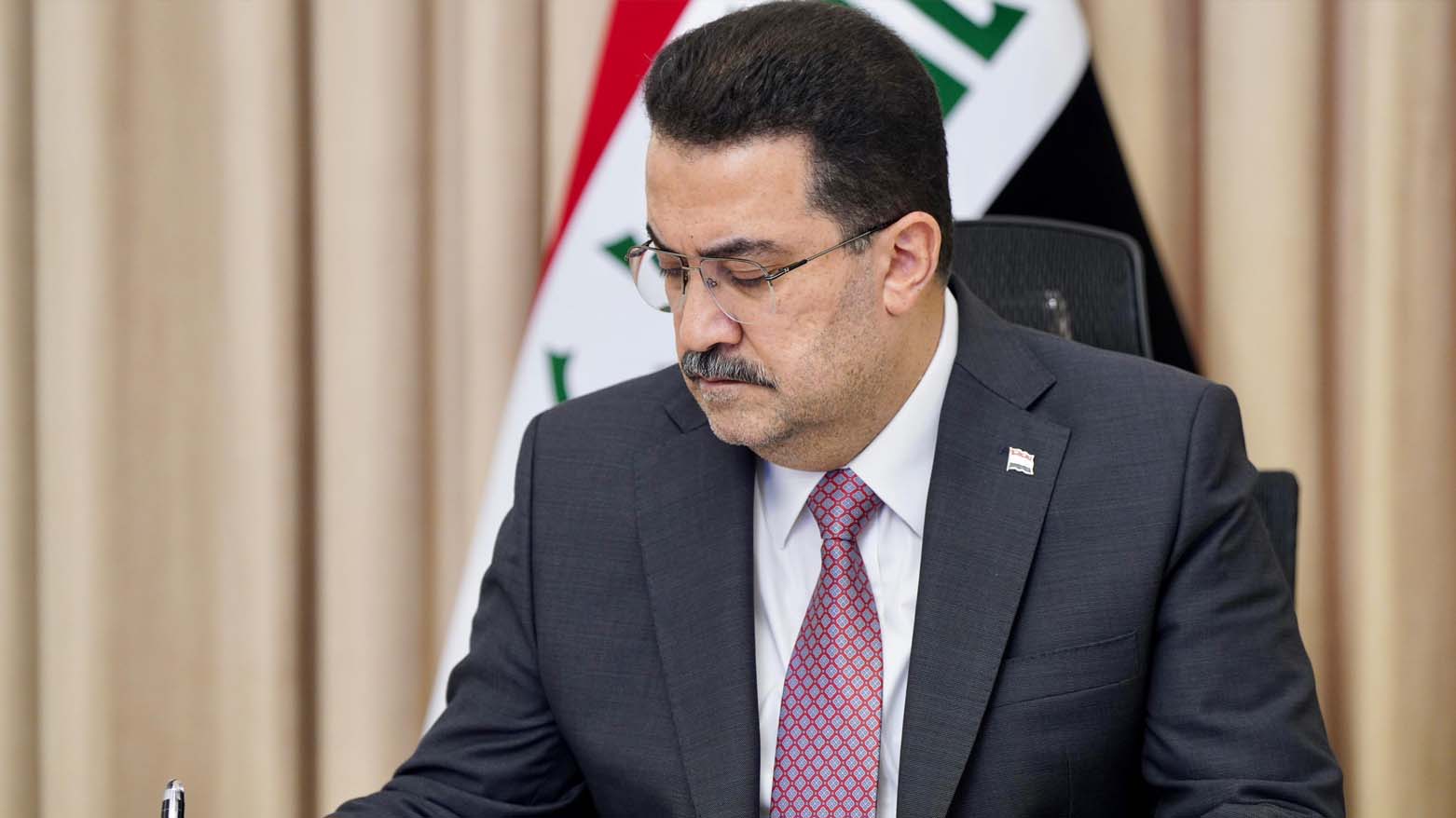Iraqi PM Orders High-Level Committee to Investigate Alleged Oil Smuggling
Al Sudani stressed that the matter must be handled with full seriousness and that the committee’s recommendations, once investigations are completed, should be submitted to the Council of Ministers.

ERBIL (Kurdistan24) — Iraqi Prime Minister Mohammed Shia’ Al Sudani on Saturday ordered the formation of a high-level investigative committee to look into allegations of corruption and illicit activities involving the mixing and smuggling of crude oil and petroleum products, both at Iraqi ports and within the country’s territorial waters.
According to the Prime Minister’s media office, Al Sudani stressed that the matter must be handled with full seriousness and that the committee’s recommendations, once investigations are completed, should be submitted to the Council of Ministers.
"Appropriate legal and administrative measures will then be taken to safeguard public funds and support the national economy," read the statement.
The announcement comes amid growing international scrutiny, with the U.S. administration accusing Iraq of facilitating the sale of Iranian oil disguised as Iraqi crude on global markets. According to Washington, some shipments of Iranian oil have allegedly been blended with or mislabeled as Iraqi oil, allowing Tehran to circumvent international sanctions while capitalizing on Iraq’s exporting infrastructure.
Observers say these allegations, if proven, could damage Iraq’s credibility in the global oil trade and raise tensions with Western countries, particularly the United States. Iraq is a key member of OPEC and relies heavily on oil revenues to sustain its fragile economy; accusations of complicity in sanction evasion could affect foreign investment, trade agreements, and Iraq’s broader diplomatic relations.
The formation of the investigative committee signals Baghdad’s attempt to demonstrate transparency and accountability, while also serving as a calculated move to reassure its Western allies—particularly the United States—that it is serious about curbing illicit oil practices.
Though Iraq is not entirely free from such allegations, and evidence suggests the claims may carry weight, the government’s firm stance projects an image of determination to address the issue and distance itself from complicity in sanction evasion.
Experts note that ensuring strict oversight at ports and along maritime export routes is crucial, given Iraq’s extensive coastline along the Persian Gulf and the complexity of its oil supply chains.
Moreover, the case highlights the interconnected challenges of regional politics, economic dependency on oil, and compliance with international sanctions, which Iraq must navigate carefully to maintain both domestic stability and its strategic relationships abroad.